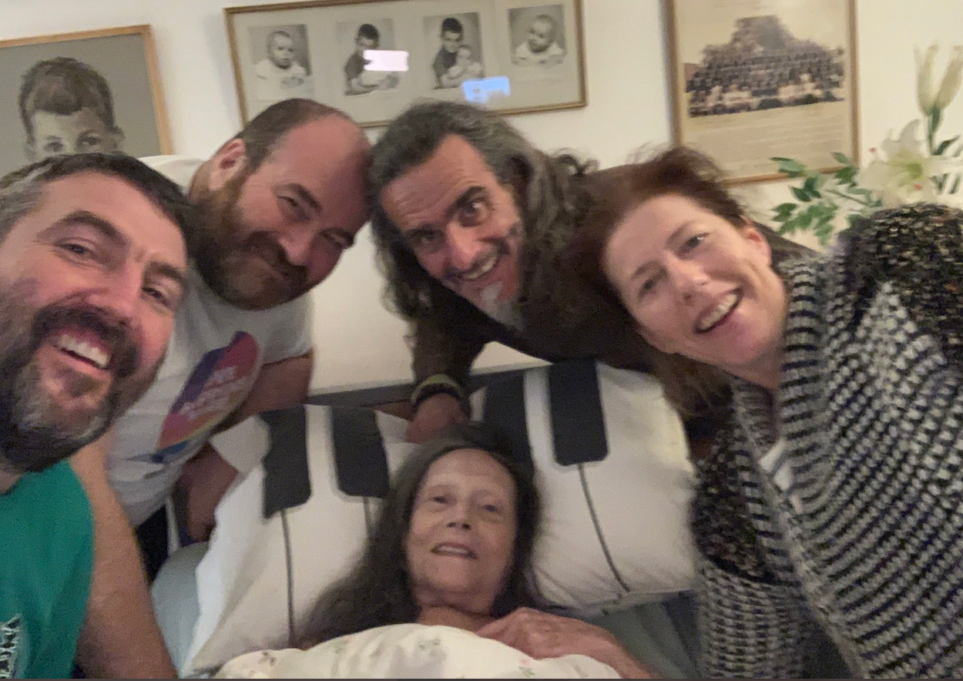Are the culture wars a real thing? Or is it a conspiracy being stoked by the right?
There’s a big culture war afoot — or maybe not. For some, the very acknowledgement of the existence of a culture war is itself a culture war: something being stoked by the right, to drive divisions and distraction amongst their opposition. So even suggesting here that there IS a culture war is to play into their hands and agenda.
Not a day goes by nowadays without an unholy — and usually unruly — Twitter fight kicking off, and having learnt the hard way that I simply have to keep away from it, not least for my own mental health, I’m going to resist entering the fray right now, for my own protection.
As discussions around identity politics mean that it is no longer feasible to comment on matters beyond your own immediate and lived experience, it is simply safer to sit it out. But this does mean that we need to call into question the very legitimacy of theatre criticism: given that I can necessarily only live one life — my own — how is it even possible to comment on plays that offer portraits of other lives?
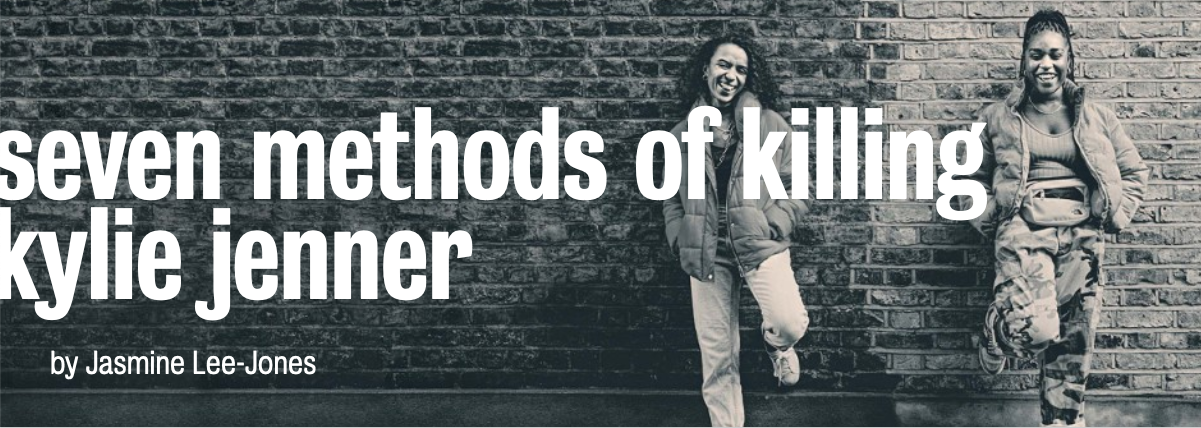
Last night seven methods of killing kylie jenner, a play that was first seen at the Royal Court’s Theatre Upstairs in 2019, re-opened officially in the larger main house; I saw a preview last week, and already wrote here a few days ago how a younger (and white) critic had previously declared in a review for Exeunt, “An older person couldn’t write this play” and then smugly proclaimed, “I really love that a lot of this script would be incomprehensible to an older person.”
So there’s yet another reason for an older critic, like myself, to politely remove ourselves from the conversation.
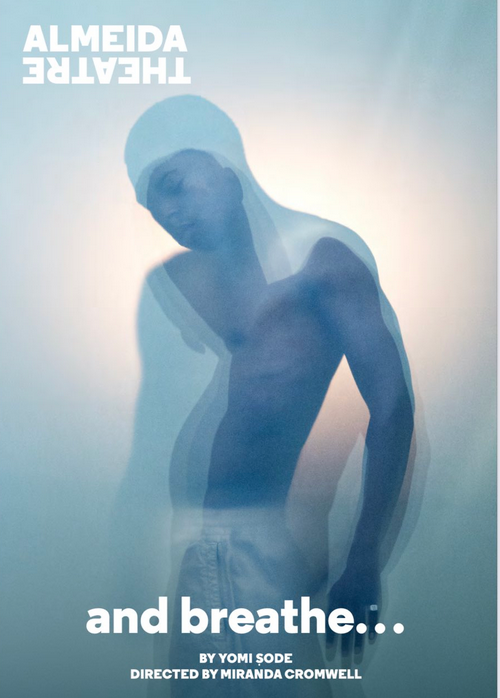
I also attended another new play this week, …and breathe, a beautiful (and beautifully staged) one-hour, one-man meditation on death, grieving and the loss of an important figure in one’s life, told by David Jonsson’s tenderly played Junior through the words of Nigerian poet Yomi Ṣode.
Though told through a specific cultural lens, this is an experience we can all relate to —having lost my mother (pictured below with my brother and me, and our partners, towards the end of her life) nearly three years ago, I found “…and breathe” gently haunting.
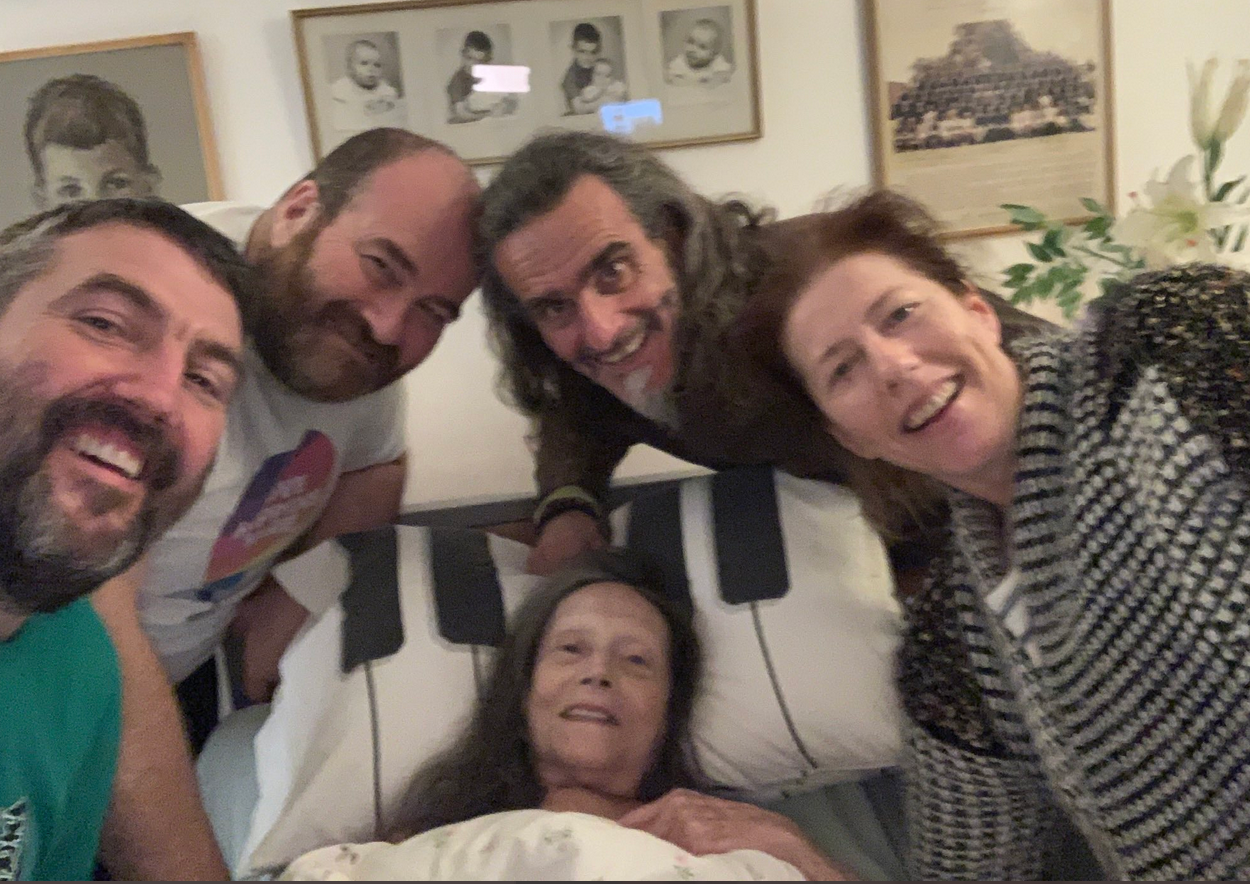
But what if a story is far beyond your own frame of reference? I was once told, “get out of my lane” when I sought to comment on a matter that wasn’t in my direct experience, and that pervasive sense of exclusivity that only those who have can comment could lead to the ultimate silo-ing of society into its own divisive corners.
After my recent unpleasant experience of trial by social media, I was approached just a couple of days later to support another campaign; but having been told that I couldn’t understand the experience of the objectors to my original publicly-expressed position (a fair point, so I withdrew the column and apologised for it), I also had to say I couldn’t take a position in FAVOUR of something else that was obviously beyond my experience, either.
But equally, those who sit on the fence are always in danger of getting splinters — though that may sometimes be easier than getting daggers. This is a particular challenge for the “commentariat”, who are damned if they do, damned if they don’t.
And it leads to interesting contortions, like the one that Natasha Tripney found herself in when complaining in a recent column for The Stage about the apparent nepotism in theatre that saw Rufus Norris, artistic director of the National Theatre, recently announcing himself as lyricist for a new musical to be staged there, Hex, with his playwright wife Tanya Ronder writing the book for it:
“The frustration stemmed both from the fact Norris isn’t known for his skills as a lyricist and that Ronder is Norris’ partner. This was compounded by the fact that in an interview in the Telegraph in April, Norris had promised – despite the fact the National had to slash production budgets – to stage a musical every year from now on. The implication was that there would be more opportunities for artists specialising in musical theatre at the venue. Doing double-duty on the first musical production following the theatre’s reopening dashed this idea somewhat.”
Yet if this sort of self-serving nepotism was problematic, so was the fact that Ronder was being referred to as Norris’s wife, and not being taken seriously as an artist in her own right:
“There was also a sniffy and dismissive tone to some of the comments on Twitter, referring to “Rufus Norris’ wife”, as if Ronder isn’t a successful playwright in her own right. It was an ugly undernote.”
So actually, the criticism is double-edged with grievance: on the one hand, her employment as writer is nepotistic — a bad thing — but criticism of the fact that she’s being referred to as his wife is ALSO a bad thing.
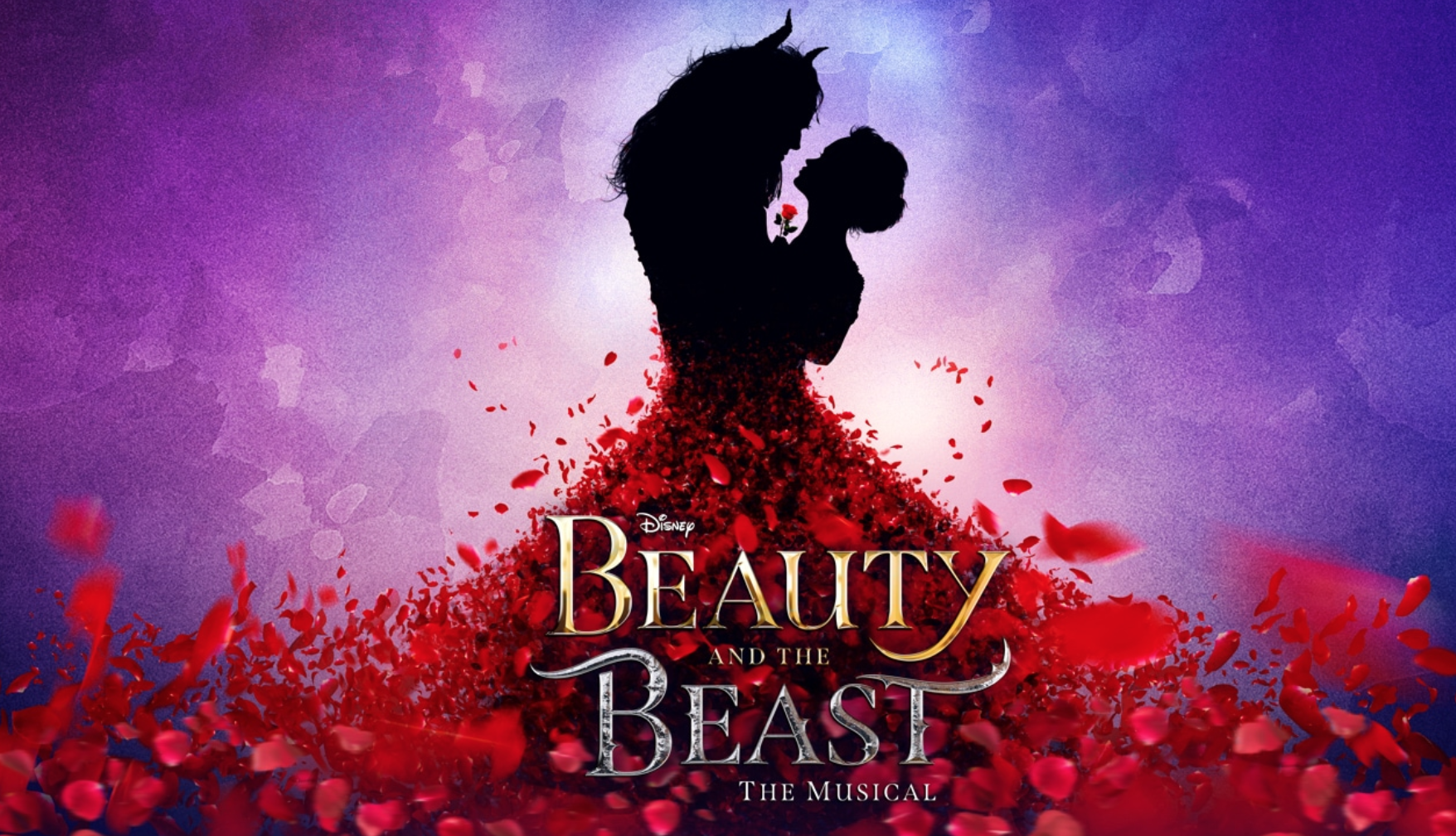
Meanwhile, has anyone noticed how every other musical seems to be fairytale based these days? Disney of course triggered this fashion with their first film-to-stage Broadway translation of Beauty and the Beast back in 1994 (and is about to be revived for a UK tour later this year), and Sondheim created one of his masterworks by reinventing and integrating different fairytale stories into a new story, with a book by James Lapine, in Into the Woods (1987).
But now this week we’re about to get Andrew Lloyd Webber’s new version of Cinderella (with lyrics by David Zippel and a book by Emerald Fennell), and now Norris is returning to Sleeping Beauty (which he previously staged at the Young Vic in 2002) as the basis for Hex.
As a friend of mine (who also writes musicals) recently asked me,
“Are there really no new ideas, or is it that now we live in a fantasy/fake news world where Boris Johnson is SAVIOUR OF THE NATION, Matt Hancock threw a DEFENSIVE RING AROUND CARE HOMES and Brexit is a HUGE SUCCESS, that we may as well watch made-up children’s fables at the theatre as well?”
Now there’s some real fake news to become exercised in grievance over…..

